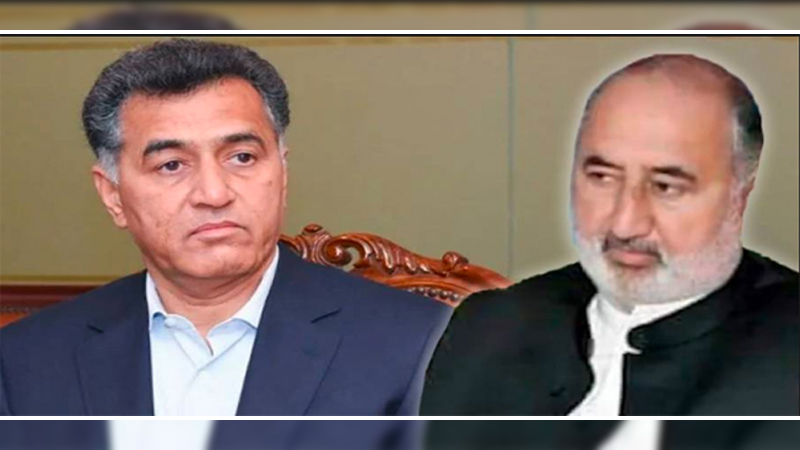Finance Minister Muhammad Aurangzeb has unveiled plans for economic stabilization in his first media briefing since taking office. Acknowledging the burden of rising prices on the common citizen, Aurangzeb emphasized the importance of macroeconomic stability in gradually easing this issue.
He announced intentions to engage with the International Monetary Fund (IMF) for a significant and lengthy program under the Extended Fund Facility (EFF). Highlighting positive signs such as a decrease in CPI-based inflation, he hinted at a potential reduction in the policy rate, though emphasizing the autonomy of the State Bank of Pakistan in this decision-making process.
Aurangzeb outlined strategies to attract foreign inflows through commercial financing and international bonds, citing the Special Investment Facilitation as a key avenue for foreign equity and investment. He stressed the necessity of presenting viable projects for funding, signaling a departure from reliance on deposits and rollovers from friendly nations.
Anticipating negotiations with the IMF, Aurangzeb expressed a commitment to exploring all options, including climate financing and increasing the size of allocated quotas under the EFF program. He addressed past trust deficits with the IMF, pledging cooperation and expressing confidence in meeting stipulations for future agreements.
Looking ahead, Aurangzeb emphasized the urgency of addressing structural bottlenecks, including digitization in tax administration and reforming State Owned Enterprises. Plans to broaden the tax base to include wholesalers, retailers, real estate, and agricultural income were also highlighted.











Leave a Reply